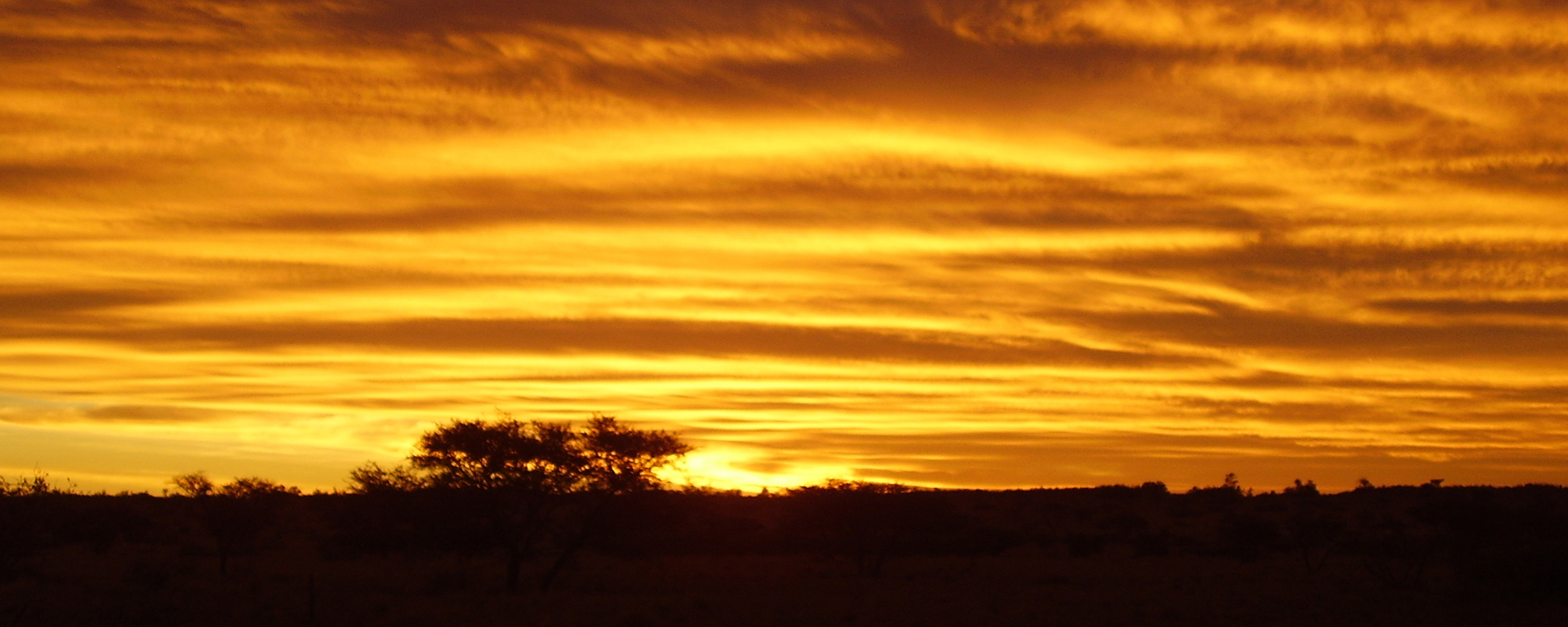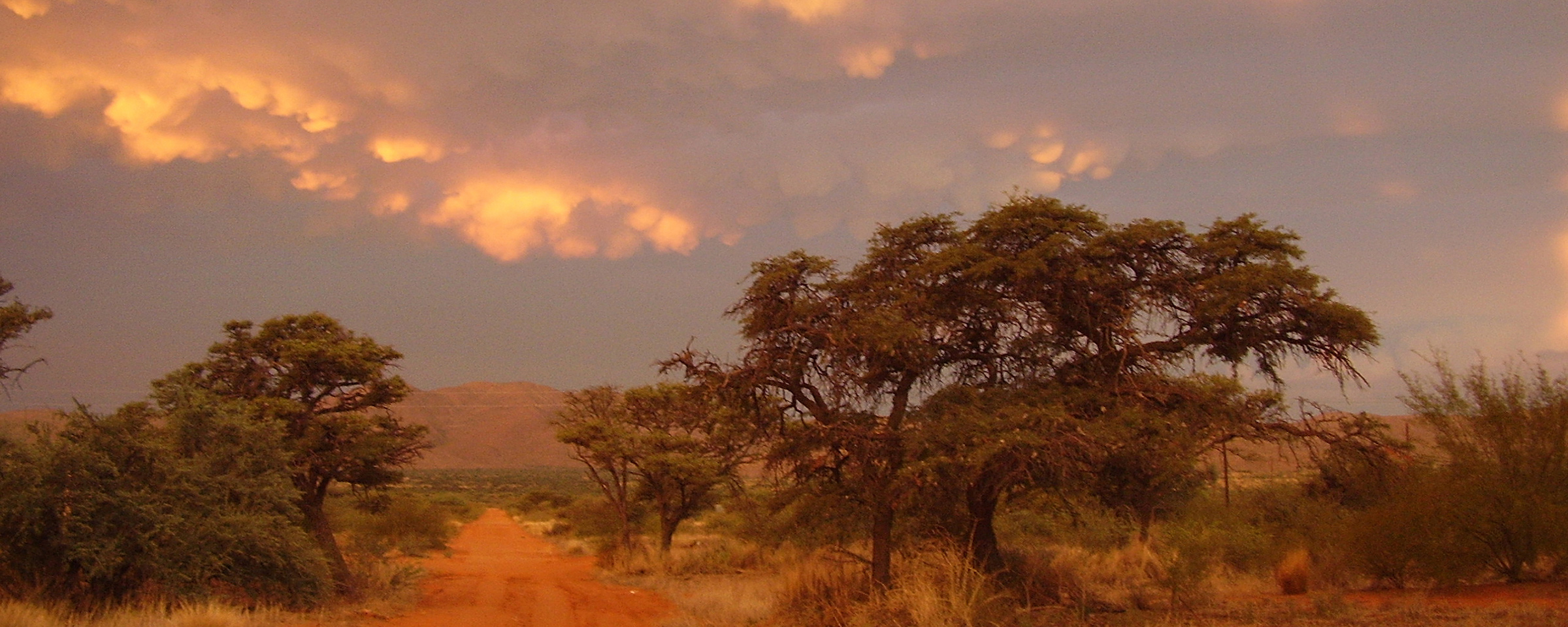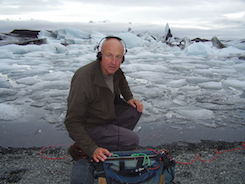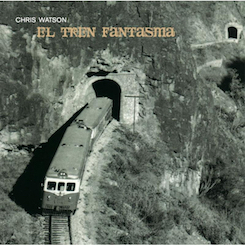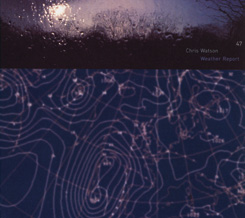oe1.orf.at/programm/20260227/823510/Cabaret-Voltaire-und-Chris-Watson-beim-Elevate-Festival-2026
Unter dem Motto “Vital Signs – Zwischen Kollaps und Aufbruch” begibt sich das Elevate Festival heuer auf die Suche nach den “Lebenszeichen unserer Zeit”. “Wie lässt sich Lebendigkeit in Systemen denken, die erschöpft wirken – in Wirtschaft, Klima, Medien, Politik und zwischenmenschlichen Beziehungen”, fragen die Veranstalter:innen. Ein überraschendes Lebenszeichen kam 2025 von Cabaret Voltaire, die gerne als Pioniere der Industrial Music bezeichnet werden. Nach dem Tod von Richard H. Kirk im Jahr 2021 beschlossen die beiden 1981 und 1994 ausgeschiedenen Gründungsmitglieder Chris Watson und Stephen Mallinder für eine letzte Tournee nochmals zusammenzukommen. In diesem “Zeit-Ton” möchten wir ersteren von beiden näher vorstellen.
In den vergangenen 45 Jahren baute sich Chris Watson, der u.a. eng mit David Attenborough zusammengearbeitet hat, eine Karriere als Soundscape-Artist auf und gilt längst als Großmeister seines Faches. Im Jahr 2006 wurde ihm von der University of the West of England ein Ehrendoktortitel verliehen, – “in Anerkennung seines herausragenden Beitrags zur Audiotechnologie, insbesondere im Bereich der Naturgeschichte und der Dokumentarfilm-Tonaufnahme”. Von 2014 bis 2024 war er Präsident der Wildlife Sound Recording Society.
Service
Chris Watson
Elevate Festival
Sendereihe
Sound Art: Zeit-Ton
Gestaltung
Susanna Niedermayr
